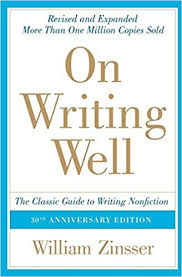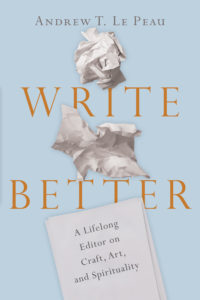Recently I was interviewed by Melissa Wuske in Foreword Reviews, which has focused on independent book publishing since its inception. To whet your appetite, here’s an excerpt below. You can find the whole interview here.
Accessibility has been a huge boon to writers and editors. With so much information digitized, in a few keystrokes we can track down books, articles, quotes, and facts that forty years ago could take days and weeks to research. Information is truly democratized.
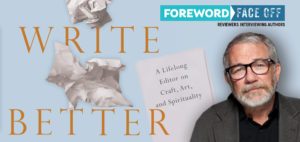 All is not paradise, however. We have tradeoffs. Today as readers and citizens we are drowning in data yet are in desperate need of wisdom. We have accelerated life (including our reading) to such a pace that it is hard to take time to stop and reflect. Even our habits of reading short snippets make long-form writing a challenge. Yet in such a complex world, we are kidding ourselves if we think we can live by sound-bytes alone.
All is not paradise, however. We have tradeoffs. Today as readers and citizens we are drowning in data yet are in desperate need of wisdom. We have accelerated life (including our reading) to such a pace that it is hard to take time to stop and reflect. Even our habits of reading short snippets make long-form writing a challenge. Yet in such a complex world, we are kidding ourselves if we think we can live by sound-bytes alone.
One way I have tried to deal with this is by focusing my reading in books. I tend to stay away from magazines and newspapers (print or digital) as well as radio, TV, and social media to keep up with the news, though all these media have value. Obviously I believe in the importance of the open flow of information (and I hear about significant events anyway and can follow up if I wish), but what is reported on today will almost never be remembered or have much significance next week.
Books can take a longer and more measured view on what mattered in the past, what matters now, and what will matter in a year or a decade. Books also help strengthen our ability to think through issues in a more sustained, reasoned way that fights against the sometimes trifling and impulsive urgency of the moment.
What books have you read recently that has been helpful in this way?
One of the most important and fascinating is Factfulness by Hans Rosling. He details with data and stories how the world is much better than we think in many realms, even though much work remains. Another excellent volume is Them: Why We Hate Each Other—And How to Heal by Ben Sasse. He gets us outside the most recent news cycle to see deeper issues. Two others are A History of Western Philosophy by C. Stephen Evans and The Myth of Equality: Uncovering the Roots of Injustice and Privilege by Ken Wytsma.

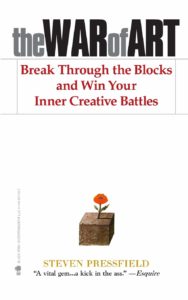

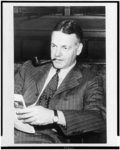 But, Hutchins asks, how can we know these three make a valid foundation? Because, he says, this basis for democracy is moral. “Its end is the good for man. Only democracy has this basis. Only democracy has this end. If we do not believe in this basis or this end, we do not believe in democracy. These are the principles which we must defend if we are to defend democracy.”
But, Hutchins asks, how can we know these three make a valid foundation? Because, he says, this basis for democracy is moral. “Its end is the good for man. Only democracy has this basis. Only democracy has this end. If we do not believe in this basis or this end, we do not believe in democracy. These are the principles which we must defend if we are to defend democracy.” What can we do in the face of all this? This is a huge question which requires a multifaceted response. Allow me, however, to mention just one simple step we can all take.
What can we do in the face of all this? This is a huge question which requires a multifaceted response. Allow me, however, to mention just one simple step we can all take.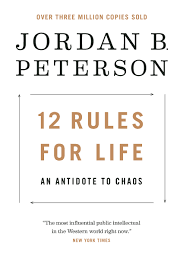
 Yes, I succeeded in college but I could only go because my parents valued it, could afford it, and sent me. And that was possible only because in the last two hundred years their parents or great grandparents journeyed from Western and Eastern Europe to a country where college was possible for and valued by people like them. They avoided two major wars that ravaged their populations and came to a country that was expanding economically.
Yes, I succeeded in college but I could only go because my parents valued it, could afford it, and sent me. And that was possible only because in the last two hundred years their parents or great grandparents journeyed from Western and Eastern Europe to a country where college was possible for and valued by people like them. They avoided two major wars that ravaged their populations and came to a country that was expanding economically. I don’t have to be threatened by new viewpoints or people who disagree with me because I know most of who I am came from others to begin with. Surprisingly, gratitude has thus taken me on a journey of listening and of learning new things—yes, of even learning I was wrong.
I don’t have to be threatened by new viewpoints or people who disagree with me because I know most of who I am came from others to begin with. Surprisingly, gratitude has thus taken me on a journey of listening and of learning new things—yes, of even learning I was wrong.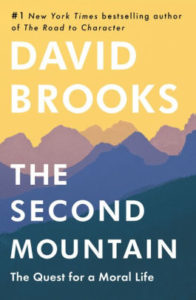
 In his opening to The Second Mountain, David Brooks says he is correcting his previous book, The Road to Character. I think, however, the two are simply companion volumes. While the earlier book focuses on the valid and important work of character development that each of us is responsible for, Brooks’s newest book highlights the importance of community for who we are.
In his opening to The Second Mountain, David Brooks says he is correcting his previous book, The Road to Character. I think, however, the two are simply companion volumes. While the earlier book focuses on the valid and important work of character development that each of us is responsible for, Brooks’s newest book highlights the importance of community for who we are.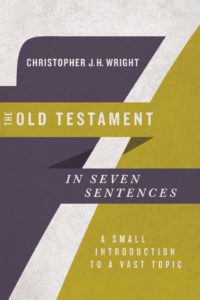
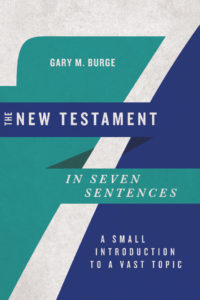
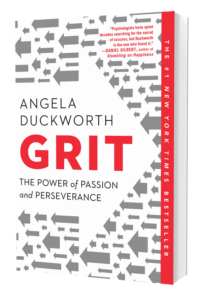
 Duckworth gives a nod to the fact (as research shows) that our environment (society, family, culture) can profoundly affect our grit. The culture of Finland, as one example, can train a whole country to be tough in adversity. So grit is not merely a matter of pulling oneself up.
Duckworth gives a nod to the fact (as research shows) that our environment (society, family, culture) can profoundly affect our grit. The culture of Finland, as one example, can train a whole country to be tough in adversity. So grit is not merely a matter of pulling oneself up.